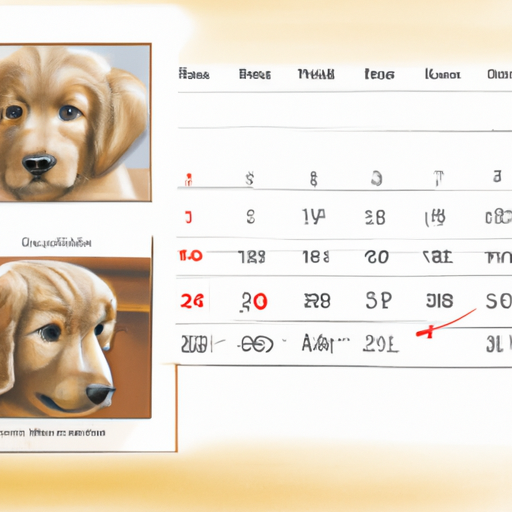Introduction
You’ve seen your puppy grow, frolic, and learn, and now you’re wondering when they will transition into adulthood. This is a common question among caregivers, as it’s crucial to understand their pet’s development to provide the best possible care. Let’s delve into this fascinating topic.
Understanding Your Puppy’s Growth
First, it’s important to understand that puppies don’t become adults overnight. It’s a process that takes months, and sometimes even years, depending on the breed.
Here’s a general timeline:
- Birth to 6 months: During this period, puppies grow rapidly in both size and weight.
- 6 months to 1 year: Growth slows down, but puppies continue to develop physically and mentally.
- 1 year to 2 years+: This is the period when most dogs are considered fully grown, although some large breeds can continue to grow until they are 3 years old.
Breed and Size Matters
The breed and size of your puppy significantly affect when they will be considered an adult.
- Small Breeds: Breeds like Chihuahuas or French Bulldogs usually reach adulthood by their first birthday.
- Medium Breeds: Breeds like Bulldogs or Border Collies typically reach adulthood between 12 and 16 months of age.
- Large Breeds: Breeds like German Shepherds or Labradors are considered adults around 18 to 24 months.
- Giant Breeds: Breeds like Great Danes or Saint Bernards can take up to 3 years to fully mature.
Behavioral Changes
Behavioral changes are another important indication of your puppy’s transition into adulthood.
- Decreased Energy Levels: While your puppy may have been a ball of energy, adult dogs are typically more calm and collected.
- Increased Independence: As your puppy grows, you may notice them becoming more independent and confident.
- Improved Focus: Adult dogs can focus for longer periods, making them easier to train.
Physical Changes
Physical changes are one of the most visible signs of your puppy’s transition into adulthood.
- Teeth: By the age of six months, most puppies have their full set of adult teeth.
- Coat: Your puppy’s coat will become thicker and shinier as they mature.
- Size: While every dog is different, most will have reached their full height by their first birthday.
Changes in Care
As your puppy transitions into adulthood, their care needs will change.
- Diet: Adult dogs require fewer calories and different nutrients than puppies. It’s important to transition them to adult food at the appropriate time.
- Exercise: Adult dogs still need regular exercise, but their needs may be different than when they were a puppy.
- Training: Training should continue into adulthood to reinforce good behavior and strengthen your bond.
FAQ Section
Q: When should I switch my puppy to adult food?
A: Most vets recommend switching your puppy to adult food when they reach about 80% of their expected adult size, usually around their first birthday. However, for large and giant breeds, this may not be until they are 18 months or older.
Q: How do I know if my puppy is fully grown?
A: Most puppies are fully grown by the time they reach their first birthday. However, larger breeds may continue growing until they are 2 or 3 years old.
Q: How does my puppy’s behavior change as they become an adult?
A: Puppies are usually more energetic and playful than adult dogs. As your puppy transitions into adulthood, you may notice them becoming more calm, independent, and focused.
Q: How should I change my puppy’s care as they become an adult?
A: As your puppy becomes an adult, their diet, exercise, and training needs will change. You may need to adjust their food, exercise routine, and training methods to meet their changing needs.
Conclusion
You’re doing an amazing job as a caregiver, and understanding your puppy’s transition into adulthood is just another step in providing the best possible care. Remember, every dog is unique, and these are general guidelines. Always consult with your vet for the best care for your furry friend.



